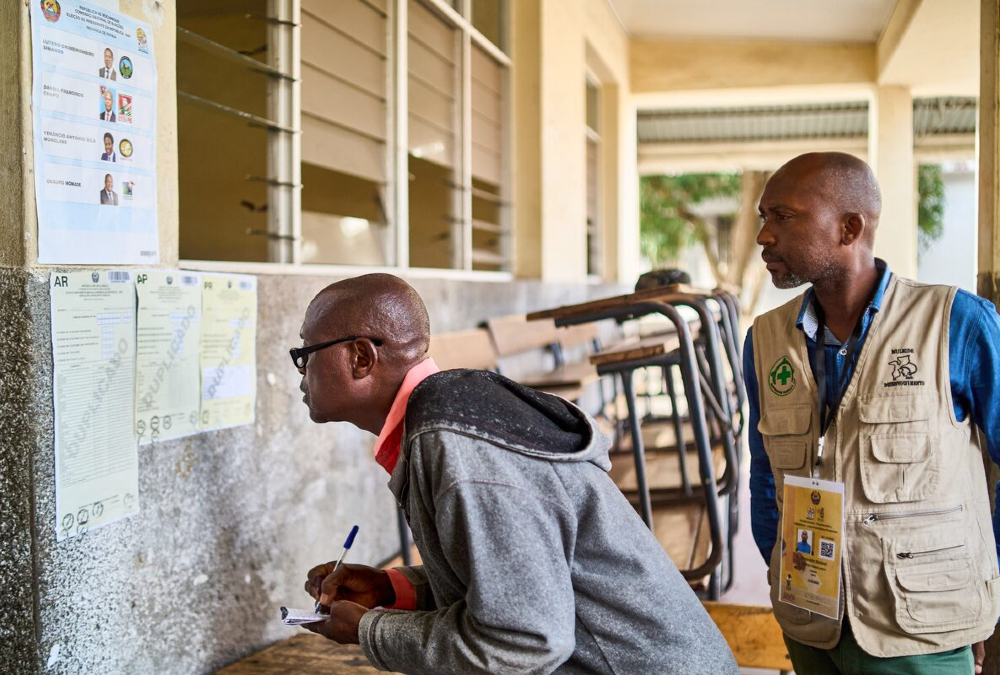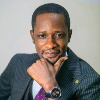Owusu on Africa
In Africa stability could mean different things: it depends on who is defining it


By Fidel Amakye Owusu
Amid various conflicts, coups, and protests across Africa, the topic of stability remains one of the most widely discussed across the continent.
While political instability can occur within democratic systems – such as in France during the Fourth Republic – in Africa, instability has often been marked by violence and military takeovers. This has made the issue a key concern for ordinary Africans, political leaders, and external state and non-state actors involved in African affairs.
However, the definition of stability varies depending on the perspective of those defining it. It holds different meanings for the rulers, the ruled, and external stakeholders.
For many African leaders, stability means maintaining absolute control, unchallenged by any groups or individuals. They see no limits on their monopoly of coercive force, except those outlined in constitutions they themselves have drafted.
Elections, in their view, are simply a process to make citizens feel included, with little genuine competition. Often, these leaders extend their rule beyond constitutional term limits, believing the state cannot survive without their leadership.
Even in some so-called “democracies” where political parties are allowed, leaders often wield so much power that no real opposition exists, and accountability is absent. As long as their version of stability is maintained, little else matters.
On the other hand, some countries do uphold democratic principles and political systems that extend beyond individual leaders.
Interestingly, some external actors support stability as defined by strong, unchallenged leadership. These external powers come from both democratic and undemocratic states.
Undemocratic regimes naturally align with this view, while some democracies support these strongman leaders as long as their interests are aligned. It is disheartening when democratic nations back such regimes, and this dynamic is worsening as external powers compete for influence in Africa.
Still, some democracies remain committed to promoting democracy on the continent.
Finally, the people themselves are divided on the issue of stability. Some support repressive regimes in exchange for access to national resources, while others do so out of resignation, having known no other system. Yet, many rightly argue that long-term stability cannot be secured by individuals or small groups who fail to truly represent the people.
Fidel Amakye Owusu is an International Relations and Security Analyst. He is an Associate at the Conflict Research Consortium for Africa and has previously hosted an International Affairs program with the Ghana Broadcasting Corporation (GBC). He is passionate about Diplomacy and realizing Africa’s global potential and how the continent should be viewed as part of the global collective.

